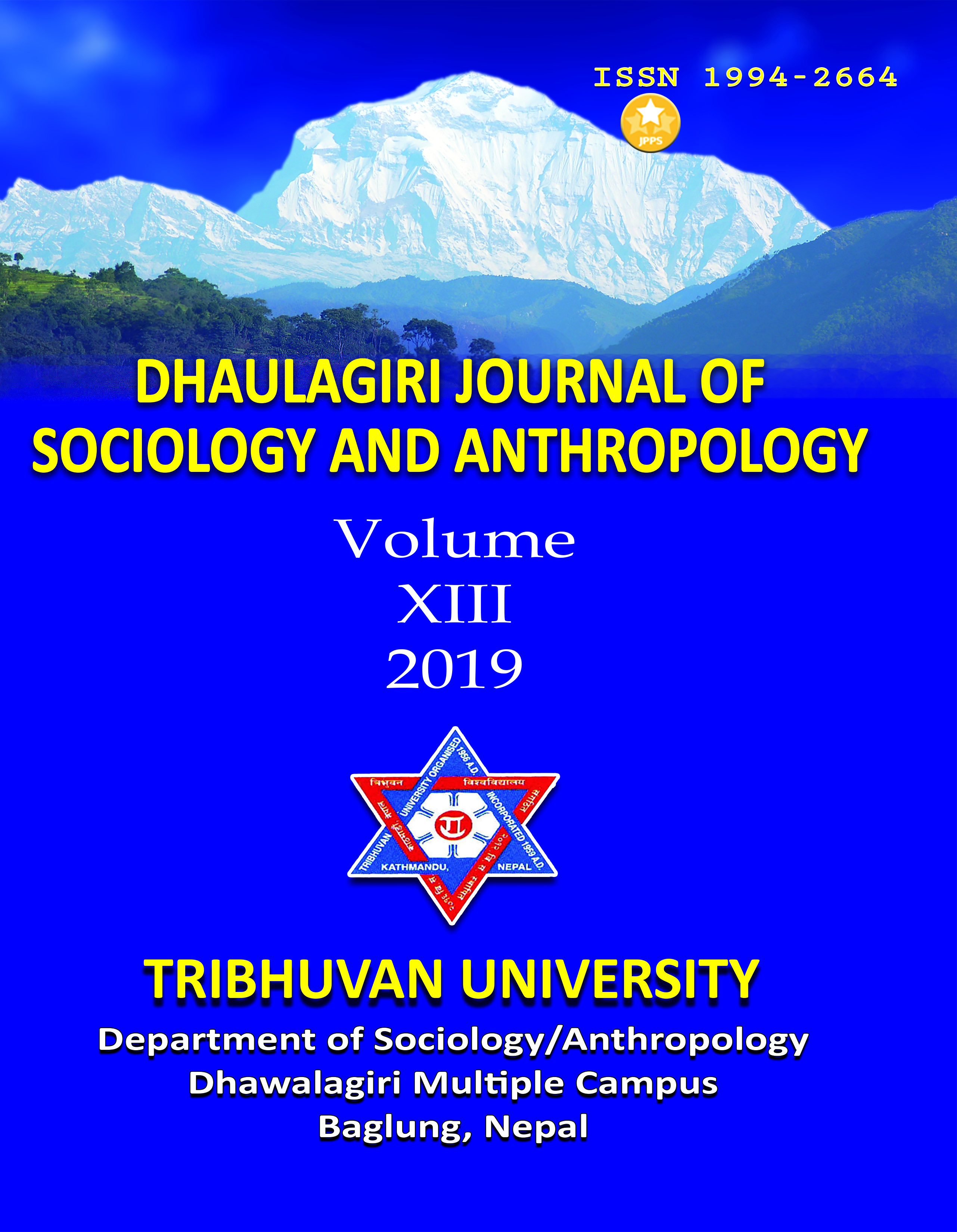Irrelevance of Basic School Education in Nepal: An Anti-Colonial Critique on Problems and Prospects
DOI:
https://doi.org/10.3126/dsaj.v13i0.24032Keywords:
school education, anti-colonial lens, rural/indigenous identitiesAbstract
Despite its contextual, theoretical, and practical relevance, contextualized teaching and learning has not been the priority of school education of Nepal. The policy provision of local curriculum and the use of locally available resources for teaching and learning have continuously lost its position in educational circle. To this background, taking anti-colonial critical stance, this paper analyses problems and prospects of contextualized teaching and learning in school education of Nepal. Taking evidences from the first author's lived experiences, and experiences from a Participatory Action Research (PAR) project in a public school of Nepal, the paper exposes manifold challenges and dilemmas initiated by Western-modern educational ideologies, and promptly illustrates how those uncritically imposed/accepted schooling agendas were responsible to demolish rural (and indigenous) identities of Nepal. The paper eventually proposes policy makers and curriculum practitioners of Nepal to pursue agency in school education, making it more place-relevant; enabling school graduates to learn to ‘live’ (rather than ‘leave’) their place.




